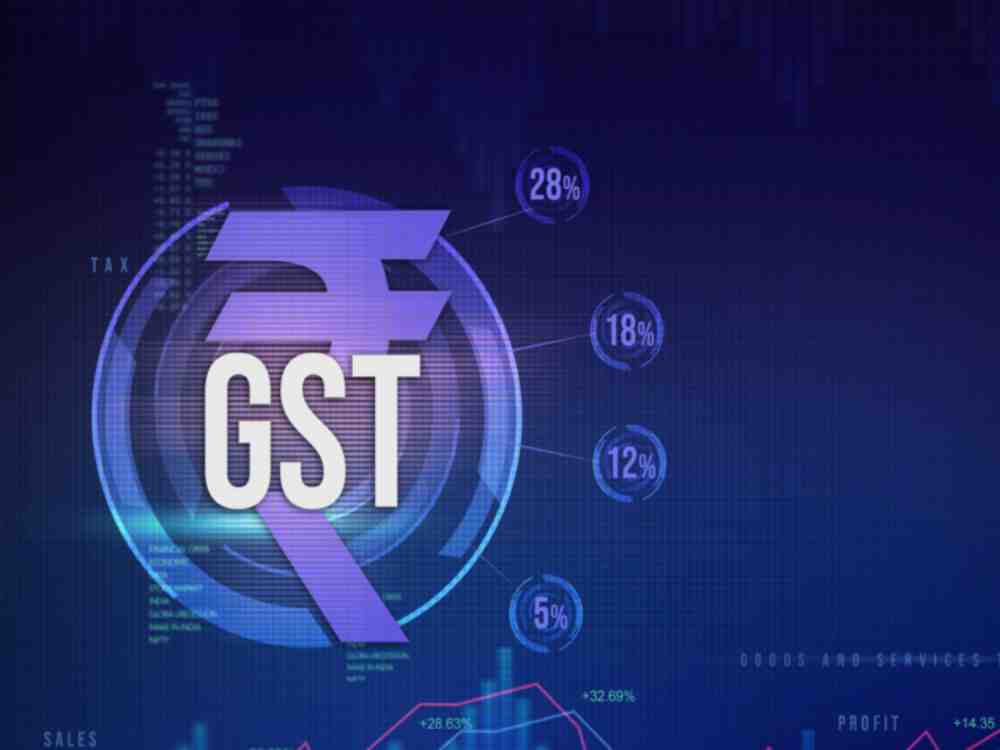India’s Digital Transformation: New GST Rules for Foreign Digital Service Providers
India, a burgeoning digital market, is making significant strides in adapting its tax landscape to the rapidly evolving world of foreign digital service providers. The introduction of new GST rules promises to level the playing field, ensure fair taxation, and capture revenue from the digital economy. This article explores the key aspects of these transformative changes.
Understanding the Review of India’s GST Rules
Scope and Tax Rate
India is currently reviewing its GST rules for foreign digital service providers. Under the existing framework, even if foreign service providers have no other taxable presence in India, they are obligated to pay an 18% goods and services tax (GST) if their services are purchased by Indian consumers. This rate applies uniformly to digital services, covering a wide array of offerings, from streaming media to online gambling.
No Sales Threshold

In a notable departure from some other countries, India imposes no sales threshold for foreign digital service suppliers. This means that every non-Indian seller of digital services who makes a single sale to an Indian consumer must register for India GST. This stringent requirement ensures comprehensive tax coverage.
The Changing Definition of OIDAR Services
Definition and Impact
The Finance Act of 2023 introduces significant changes to the definition of Online Information and Database Access or Retrieval (OIDAR) services in India. Under the current GST rules, non-resident providers of OIDAR services to non-taxable online recipients in India must register for, collect, and remit GST. OIDAR services are characterized by delivery mediated by information technology over the internet or an electronic network, with minimal human intervention. The Finance Act’s redefinition will likely refine and expand the scope of OIDAR services in India.
Digital Services Taxation in India
GST on Digital Services
Digital services provided to consumers resident in India are subject to an 18% GST. This tax framework was introduced on July 1, 2017, replacing the previous liability to Service Tax for digital services. The range of services liable to GST includes streaming and downloads of music, e-books, films, cloud-based or downloadable software, membership fees to online sites, dating portals, online gambling services, and online advertising.
GST Registration Requirements

Indian registered providers of digital services must register for GST once their annual sales exceed INR 10 lakh. Non-resident providers selling to Indian consumers, on the other hand, must register immediately before their first sale, emphasizing the Indian government’s commitment to effective tax collection from foreign digital service providers.
The Global Context of Digital Taxation
Global Trends and Challenges
The new GST rules in India are not isolated changes but rather part of a broader global trend. Governments worldwide are adapting to the digital economy, aiming to capture tax revenue and create a level playing field for both local and foreign service providers. The desire to charge taxes based on the location of the purchaser has driven these global changes in tax regulations.
Levelling the Playing Field
The overarching purpose of these new rules in India, echoing the intentions of other nations, is to achieve a level playing field in GST treatment for services, whether procured locally or overseas. This approach aims to eliminate any competitive advantages enjoyed by foreign service providers and foster fair competition within the digital marketplace.

India’s new GST rules for foreign digital service providers represent a significant shift in the taxation landscape. With their comprehensive scope, stringent registration requirements, and a redefined OIDAR services framework, these rules signify India’s commitment to adapting its tax system to the digital age. As India joins the global trend of taxing digital services more effectively, foreign digital service providers must navigate the evolving regulatory landscape. These changes are pivotal in ensuring equitable taxation and sustainable revenue collection in an increasingly digital world.
